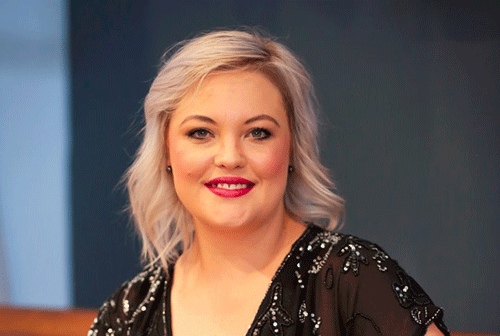Lorainne Greeff
The current Covid-19 pandemic has shown us the importance of planning for anything that life can throw at you. Therefore, it is essential to start saving even a small amount as long as you start saving a portion of your money.
Before the pandemic, suggesting that you hold about 3-6 months’ worth of salaries would be ideal for many people. However, this might be unrealistic as the pandemic has increased financial pressure on many households. We need to encourage more individuals to acquire the financial knowledge and confidence to minimise debt to free up income to contribute to emergency savings.
There’s a common misconception that you need a large amount of money to make an emergency fund feasible. That’s not true! The key message is that it’s fine to start small. Contribute N$10 or N$100 when you can but getting started is what’s important.
Some tips on starting an emergency fund:
1. Tackle debt: It is important to view your money holistically. If you can slowly pay more towards your interest-bearing loans and credit cards, you can minimise that income outflow. This can lead to freeing up money to be used towards an emergency fund in the future. You may see it as a small step today, but it’s a step that could produce significant results soon.
2. Start today: If possible, start by saving small amounts towards your emergency fund while continuing to pay off your debt. Once you have reached your emergency savings goal, shift your focus to paying off your debt as quickly as possible so that if for instance you are faced with unexpected expenses such as replacing a tyre, you won’t have to incur more debt to cover the costs.
3. Change your mindset: There’s also a common misconception that young people don’t need an emergency fund. But what happens if your geyser bursts unexpectedly? That can set you back significantly as a young adult trying to progress financially. When these things happen, we often use our credit cards, which can perpetuate the cycle of debt. Having an emergency fund helps cover you when these curve balls come your way.
4. Save smartly: First, you need to decide to start saving. Then it would be best if you decide where to save your money. For an emergency fund, consider an investment vehicle that earns you compound interest and is accessible without a penalty with a reputable financial institution. Consider having a debit order set up for your emergency fund contributions; that way, you will pay yourself first, before any other expenses.
5. Have a goal in mind: Be specific about the amount you want to save and review this goal constantly. If your goal is to save N$1 000, you save and build up to N$1 000, then maybe increase the amount to N$5 000 once you have attained the goal. If an emergency occurs, don’t spare time to replace the money to reach the savings goal again.
No amount is too small to start an emergency fund. Having savings set aside gives you a sense of control and preparedness, and this resilient psychological mindset can boost motivation to continue with positive money behaviours. These all set you on a path to financial confidence and freedom.
*Lorainne Greeff is a financial adviser at Sanlam. Sanlam is a licensed financial services provider. for more information and advice on this topic, speak to an accredited financial adviser or broker, email lorraineb@sanlam4u.com.na, with any queries.


